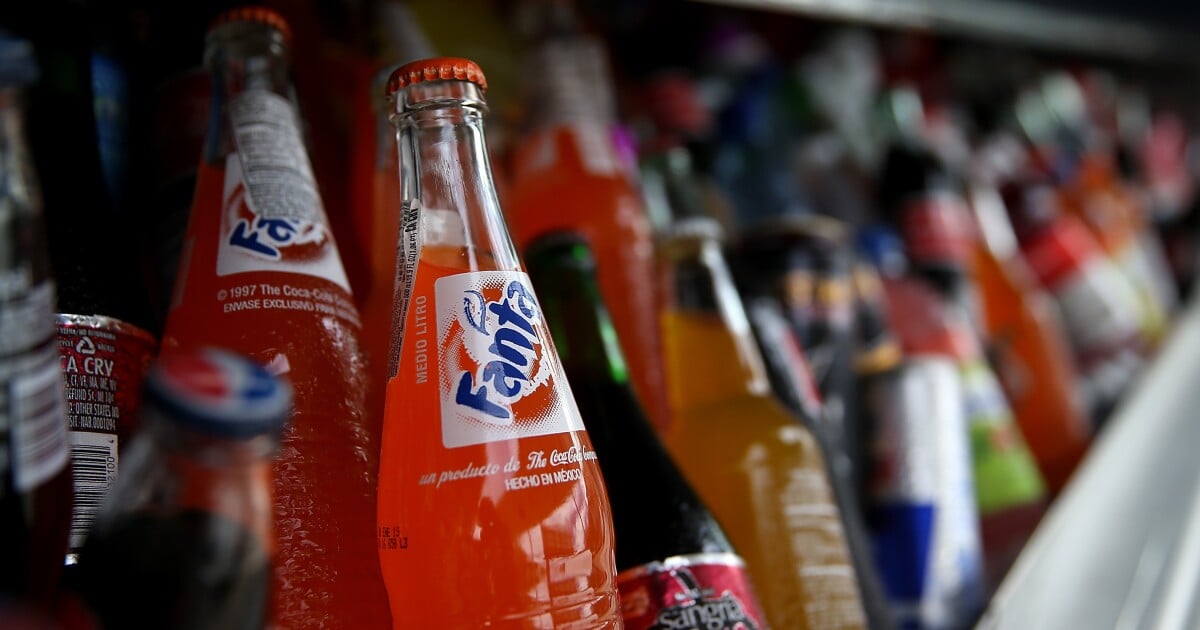Sales of sugary drinks fell dramatically across five U.S. cities, after they implemented taxes targeting those drinks – and those changes were sustained over time. That’s according to a study published Friday in the journal JAMA Health Forum.
Researchers say the findings provide more evidence that these controversial taxes really do work. A claim the beverage industry disputes.
The cities studied were: Philadelphia, Seattle, San Francisco and Oakland, Calif., and Boulder, Colo. Taxes ranged from 1 to 2 cents per ounce. For a 2-liter bottle of soda, that comes out to between 67 cents to $1.30 extra in taxes.
…
Kaplan and his colleagues found that, on average, prices for sugar-sweetened drinks went up by 33.1% and purchases went down by basically the same amount – 33%.



It was eye opening the first time we flew to Europe. The first convenience store sold few sodas, mostly different types of water. And the soda they did sell was more expensive.
We tried an orange soda. It was less sweet and tasted far better.
Orange soda is odd in Europe. In Europe depending on region has a varying percentage of real orange juice. In the US its 0% juice naturally
And then there is the Fanta origin story.
In the US, if you want that, you have to get Orangina. Not a fan, personally. It’s fizzy, watered-down orange juice.
And it has an unfortunate name, to boot.
In the Netherlands bottles of water and soda cost pretty much the same. Unless you specifically ask for tap water in a restaurant, then it’s generally free.
Grape juice is my favourite, especially the fermented one. A bottle of decent one is about $5-10 in a supermarket in Spain.
Orange Fanta is made with real sugar over there and less food coloring it seemed